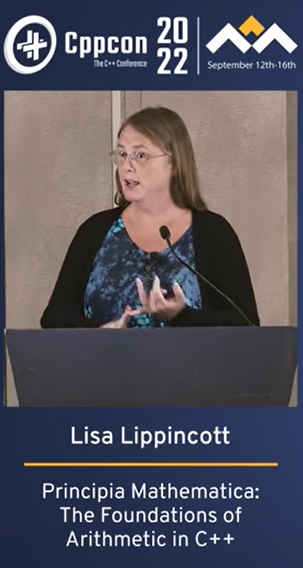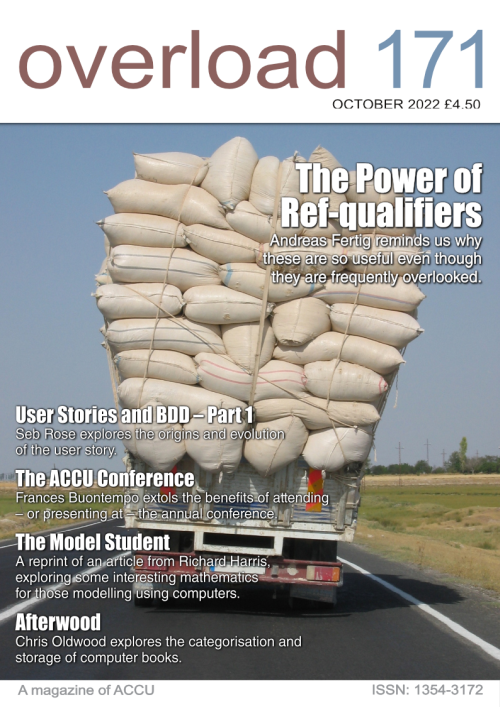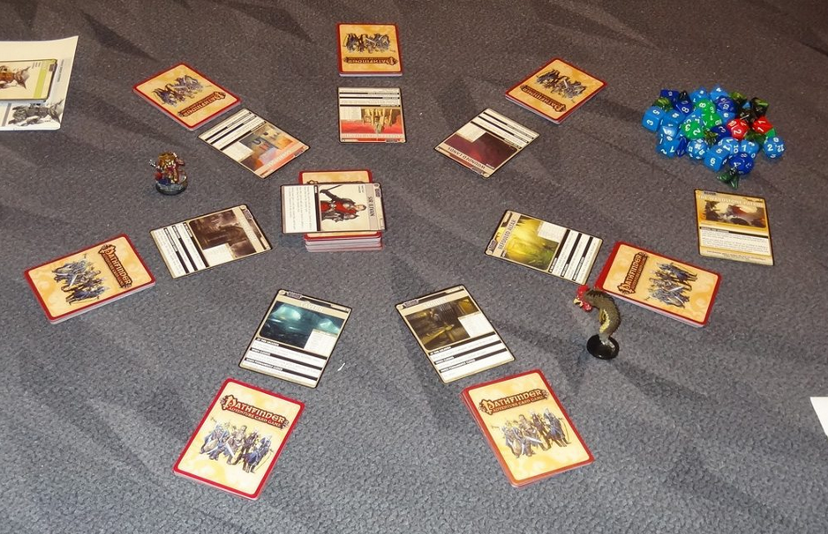The Bridge Pattern -- Rainer Grimm
Of Bridges and Pimpls:
The Bridge Pattern
by Rainer Grimm
From the article:
In C++, a simplified version of the Bridge Pattern is often used. ... The key idea of the Pimpl Idiom is that the implementation of the class is hidden behind a pointer. Here is a recipe for implementing the Pimpl Idiom: ...

 A new CppCon 2022 keynote video is available:
A new CppCon 2022 keynote video is available: Hot off the press from CppCon:
Hot off the press from CppCon: New in this month's Overload magazine:
New in this month's Overload magazine: Worth waiting for:
Worth waiting for: Why do now what you can do later (or not at all)?
Why do now what you can do later (or not at all)? Have you used the patterns?
Have you used the patterns? One if by latch, two if by barrier:
One if by latch, two if by barrier: